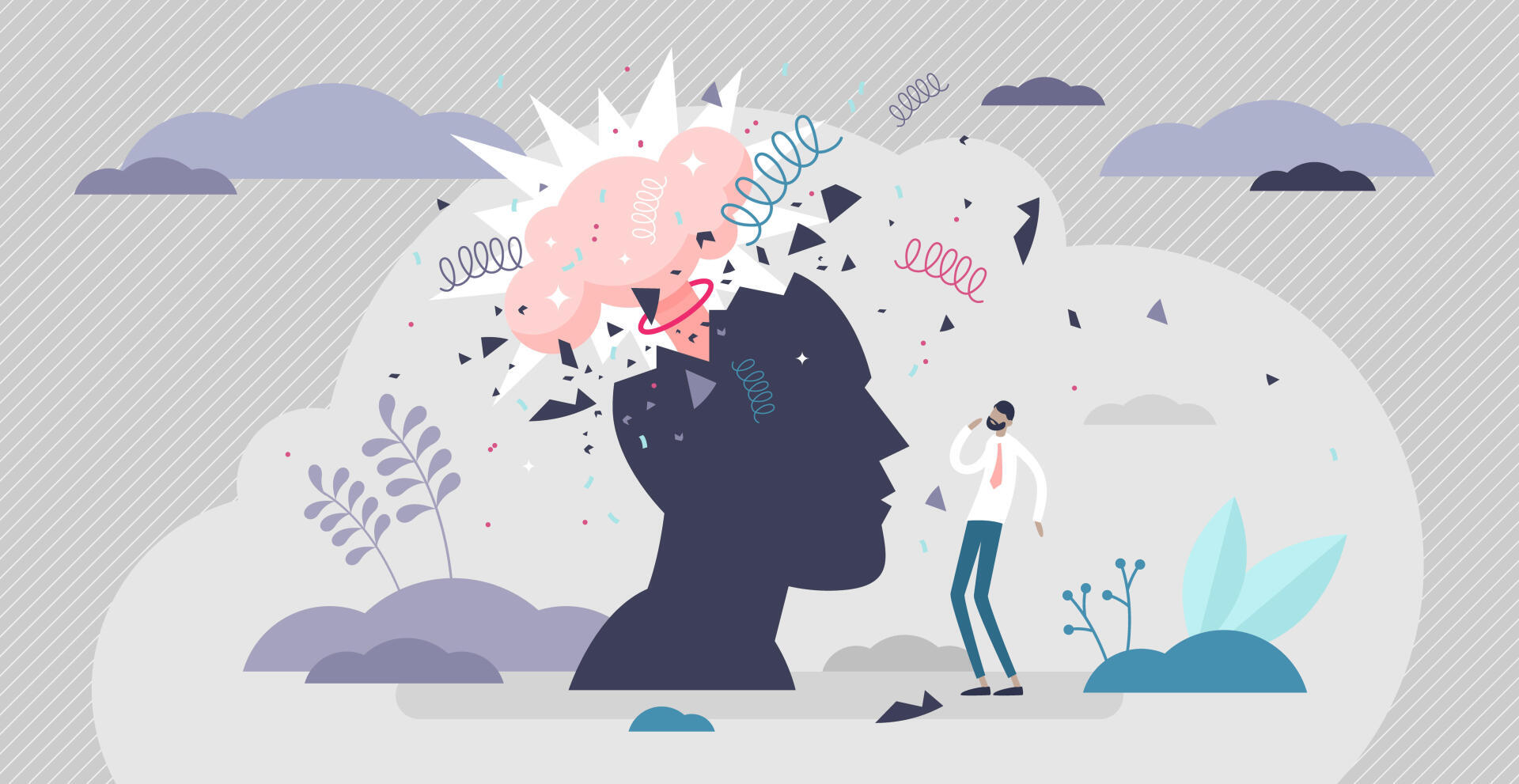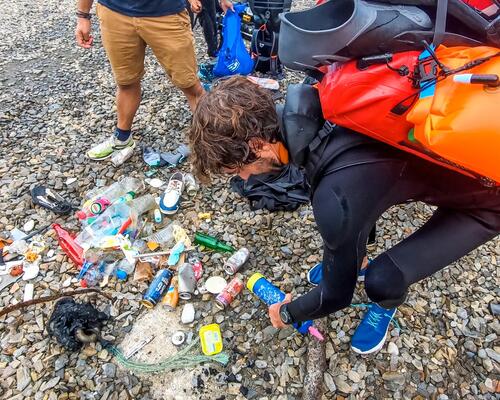Eco-anxiety: definition
Eco-anxiety – a portmanteau of the words ecological and anxiety – refers to a set of painful emotions and distress felt in response to current and future environmental upheavals.
In practice, it means feeling sad, depressed, anxious or even distressed in the face of the environmental crisis and its consequences. Unfortunately, there's no lack of these, from megafires to floods, soaring temperatures, species going extinct, rising sea levels, and more.
Eco-anxiety is a relatively recent concept, but one that's receiving increasing attention from researchers (particularly psychologists). As yet, there's no single definition. But it's worth taking a look at the one drawn up by a team of Oceanian researchers (University of Canberra, Australian National University and Victoria University of Wellington) in their study published in November 2021 entitled The Hogg Eco-Anxiety Scale: Development and validation of a multidimensional scale.
For these psychology researchers, eco-anxiety "is a term that captures experiences of anxiety relating to environmental crises. It encompasses 'climate change anxiety' (anxiety specifically related to anthropogenic climate change, including global warming, rising sea levels and increased incidence of natural disasters and extreme weather events) [...] as well as anxiety about a multiplicity of environmental calamities, which may or may not be directly caused by climate change, including the elimination of entire ecosystems and plant and animal species, global mass pollution and deforestation."






